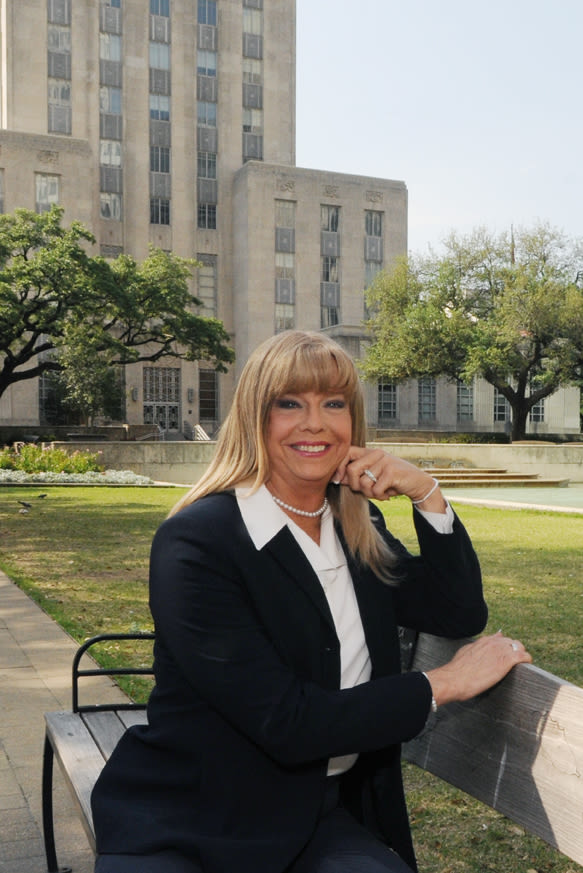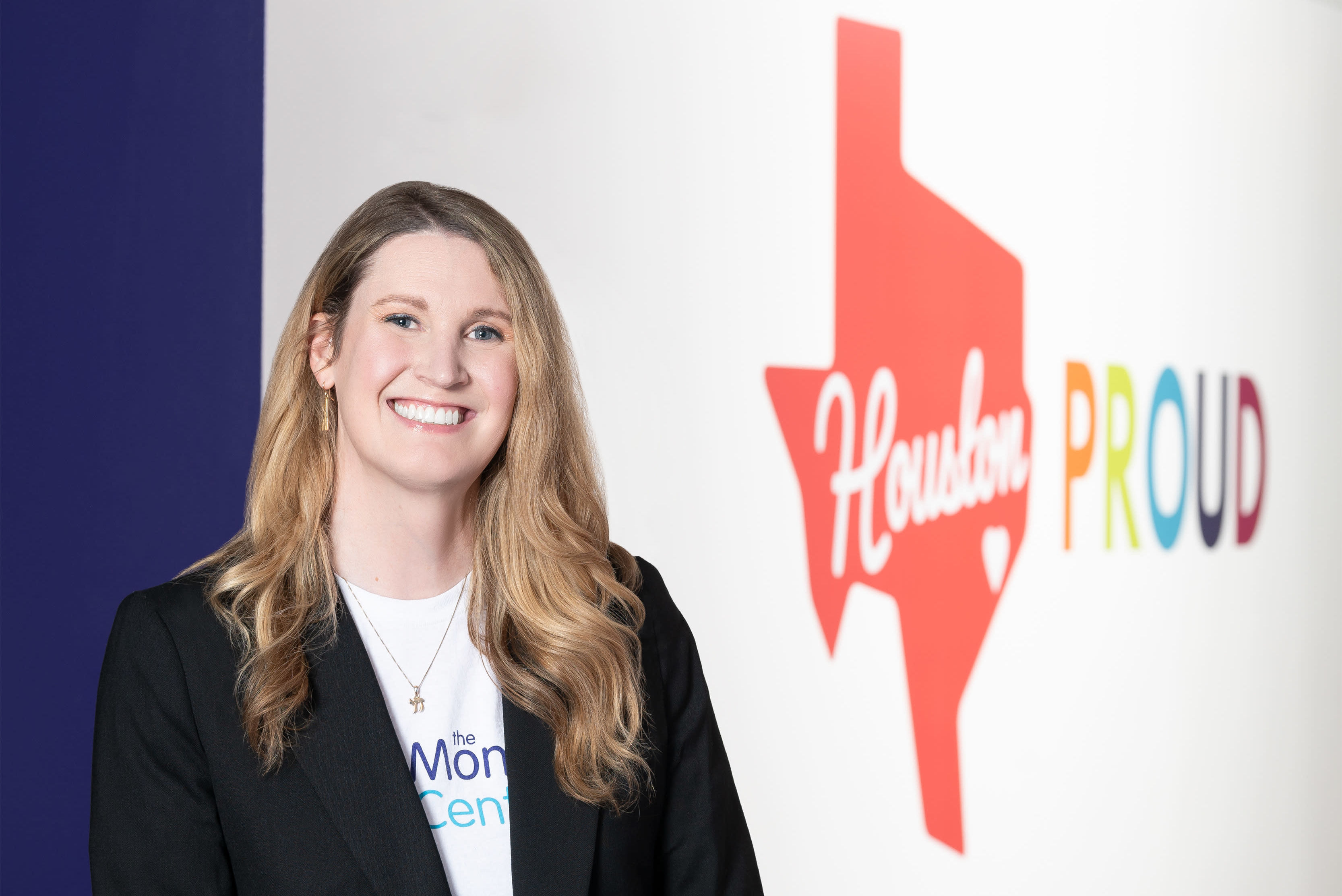Catching Up with the First Trans Candidate to Win a Primary in Texas

Image: Jenifer Pool
On March 1, 68-year-old Jenifer René Pool became the first transgender candidate to win a primary election in Texas history, securing the Democratic nomination for Precinct 3 of the Harris County Commissioner’s Court. She celebrated by ordering a pizza, curling up with her cats, Aurora and Molly, and scrolling through incoming emails and Facebook messages—no glitzy rally, no prime-time speech. “It’s uncomfortable when you don’t win and people are just glad-handing you, slapping you on the back,” she says. “I had heard that enough.”
Pool’s reticence is understandable, rational even. In electoral politics, the transgender community is essentially invisible. According to research by political scientists Logan S. Casey and Andrew Reynolds, only 20 trans politicians hold elected office, at any level, in the entire world. Here in the U.S., no openly transgender person has ever served as a member of Congress or been elected and seated in a state legislature. “People have run, they have won, they have beaten the odds,” Reynolds tells us. “It’s still a tiny, tiny proportion.”
We meet Pool four months after her primary win, at a noisy Starbucks tucked inside a Kroger, near her office. (She owns her own consulting company, specializing in construction permitting and management). Looking young for her age, in a pink blouse and casual black jeans, she’s pecking away at a smartphone. Legal pads, political flyers and business cards spew from her black attaché, hinting at the schedule she must keep if she has any chance of unseating six-term incumbent Steve Radack, her Republican opponent this November. In a red portion of the county, the odds are long for even the most traditional of Democrats. “I assure you,” she says, “there are political operatives who wish that I didn’t win.”
Win she did, though, by 56 percentage points. Her immediate reaction was of surprise, and relief. “I’ve had my hard times, but overall, I’ve been blessed,” she says. “My god has smiled on me.”
Pool was raised in a conservative Beaumont family by a father who, like television’s Archie Bunker, “was fair and equal in his dislike of everyone.” As an adolescent, she was small, her eyesight reliant on coke-bottle lenses. Bullies pounced. Her transition, more than two decades ago, was not without its difficulties, either. In 1999, during one hellacious week, Pool says she was both fired from her job—“I just can’t have anything like you working for me,” her boss told her—and evicted from her Houston-area apartment, with three day’s notice. Her brother has not spoken to her since she came out. “That was a turning point,” she says now, in a raspy East Texas twang. “You either roll over and take it, or you stand up, get a little backbone, and get good and angry.”
LGBT politics provided Pool with a support network and a fresh purpose. She volunteered on Annise Parker’s successful city council campaign in 1997, and went on to serve as president of the Houston Gay, Lesbian, Bisexual and Transgender Political Caucus for more than three years. Mayoral appointments to the Buildings and Standards Commission (2009) and the Police Advisory Commission (2010) followed. Jay Aiyer, a professor of public administration at Texas Southern, thinks that Pool “proved herself to be incredibly knowledgeable about issues and ideas” during her own failed city council bids, over each of the last three municipal cycles. (Four years ago, she missed an at-large run-off by a mere 1,128 votes.)
Precinct 3 covers 400 square miles of the county’s rapidly developing west side. Radack, the respected and well-funded incumbent commissioner, is “a tough nut to crack,” according to Lane Lewis, Harris County Democratic Party Chairman. “He’s been there, and he knows how to wield political strength.” Lewis says his ideal candidate is one that’s willing to work hard for votes, in every corner of the district, which is 1.15 million residents strong. “You want them to raise money, to make phone calls, to be active,” he says. “Some are better at that than others.”
Around her own work schedule, Pool is hitting the trail, barnstorming grocery stores and neighborhood events, trying to build name recognition through social media. (She can’t publicize where she’ll show up, only where she’s been, she says, because of security concerns.) In whatever spare time that’s left, she’ll write poetry or fiddle with movie scripts, stories in which she controls the narrative. At the coffee shop, drumming her French nails against the wood table, Pool confesses that she’s a sucker for happy endings.




